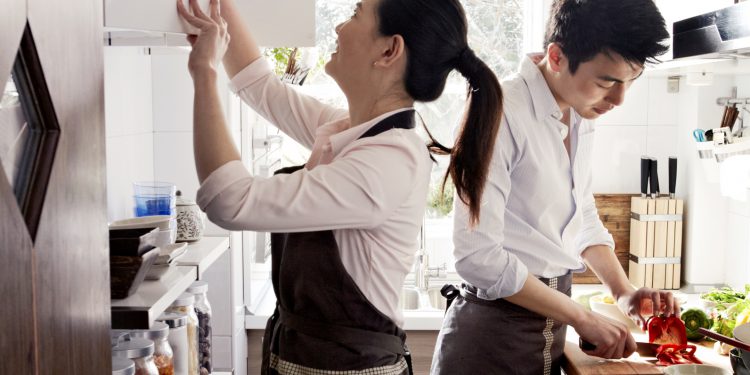Given that it reportedly sells one billion meatballs a year, IKEA’s food impact is significant.
Describing itself as one of the world’s largest food providers, the company wants to help no less than one billion of us to live within the environmental boundaries of the planet.
Its sustainability report released today discusses the effect of sales to 775 million global customers last year.
It says 335 food suppliers meet its IWAY supplier code of conduct, but the total number of global food suppliers is not clear.
Those identified provide the food and ingredients for bistros, restaurants and food markets. The report doesn’t cover the supplier organisations for those companies.
The IWAY code of conduct sets requirements on environmental, social, and working conditions, as well as animal welfare.
Fulfilment of these requirements by the 335 food suppliers identified has progressed from 96 per cent in 2018 to 99 per cent last year.
“The company aims to reduce food production waste by 50 per cent”
No suspected or confirmed cases of child labour across any supply chains were identified, but IKEA says it is closely monitoring all suppliers, since the risk of child labour has increased during Covid-19.
While all the beef and pork it sells meet the animal welfare standards IKEA has set for itself, only 21 per cent of chicken does.
However, the report says all the chicken across its global range is stunned prior to slaughter and transported to slaughter within eight hours.
This standard is met for all the beef in meatballs in the EU.
While, pork in the meatballs in the EU and North America is gestation-crate free, transported to slaughter within eight hours and stunned prior to slaughter.
90.5 per cent of total egg volume globally was either free-range or cage-free.
“As one of the world’s largest food providers, we’re making sustainable food more affordable”
The company says it aims to reduce food production waste by 50 per cent this year in all global stores.
It says 80 per cent of all packaged food sold will be plant-based, as will 50 per cent of food sold in its restaurants, although it doesn’t yet have a digital system in place to measure this.
Last year 100 per cent of the coffee it sold was UTZ certified, as was 50 per cent of its cocoa and 100 per cent of branded chocolate tablets.
All the soy in its supply chain – which is mostly used in animal feed – was covered by Round Table on Responsible Soy (RTRS) – certified soy credits.
100 per cent of the palm oil it used was Roundtable on Sustainable Palm Oil (RSPO) certified.
And 98.2 per cent of total seafood volume globally was Aquaculture Stewardship Council (ASC) or Marine Stewardship Council (MSC) certified.
The report says, “We’re using the advantage of being one of the world’s largest food providers to make healthy and sustainable food more affordable and desirable.”
It adds, “Global food systems need to transform. The way food is sourced, supplied and consumed affects all aspects of global sustainability.
“In 2021, the first-ever UN Food Systems Summit took place with the aim to accelerate actions to transform global food systems. The IKEA business supported the summit.”























